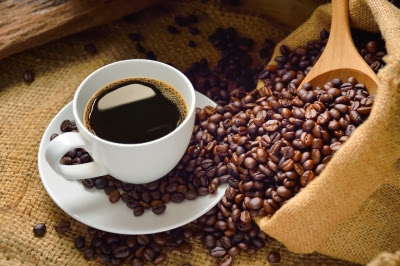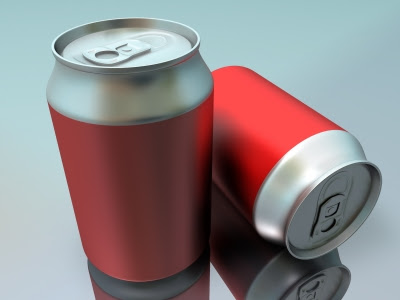Is drinking coffee/caffeine bad for your kidneys?

This is a question that often comes up when I see patients in my office for treatment of chronic kidney disease ( CKD ). As always, I tend to emphasize the huge role that diet plays in the management of CKD. I noticed that my recent posts might be becoming too wordy, so I am going to keep myself very brief today!




